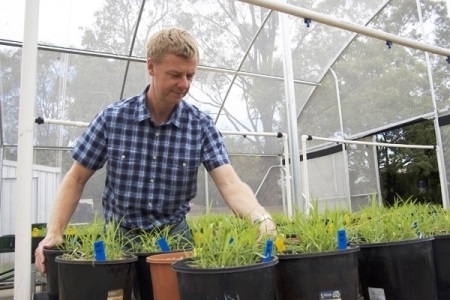Feeding 10 Billion - Fighting Poor Nutrition
How can plant science help to create healthier diets through new varieties and abundant food choices?
Download Fact SheetProviding access for all farmers to modern agricultural chemicals and the latest plant breeding techniques is vital to overcoming the challenge of global food security.

With the expansion of the world’s population to 10 billion by 2050, this means that food production must more than double to avoid truly widespread hunger and malnutrition. However, in the face of climate change, depletion of natural resources and diminishing arable land, the world’s farmers face increasing challenges.
Farmers need access to innovative tools that improve sustainable production now more than ever.
Currently 20-40% of food produced around the world is lost to pests, weeds and diseases. Extension of the sustainable use of modern agricultural chemistry to smallholder farmers in developing nations could halve this figure.
The plant science industry is also working hard to help reduce the inputs required to produce the food we need. Agricultural biotechnology has enabled farmers to use less water on their crops, while still increasing production. Agriculture accounts for 71% of global water withdrawal annually and by 2050 around 1.8 billion people will be living in absolute water scarcity. Biotech crops allow the use of no-till farming methods, which ensure soils retain more moisture, improving soil health and aiding water conservation.
Drought and salt tolerant biotech crops currently being developed in Australia offer opportunities for further reductions in water use that could have a huge impact on production for smallholder farmers across the globe, including the driest parts of Africa and Asia.
It is the plant science industry’s role to assist the development and use of modern tools and technologies that will help farmers adapt to a changing climate and help produce all the food we need, sustainably.